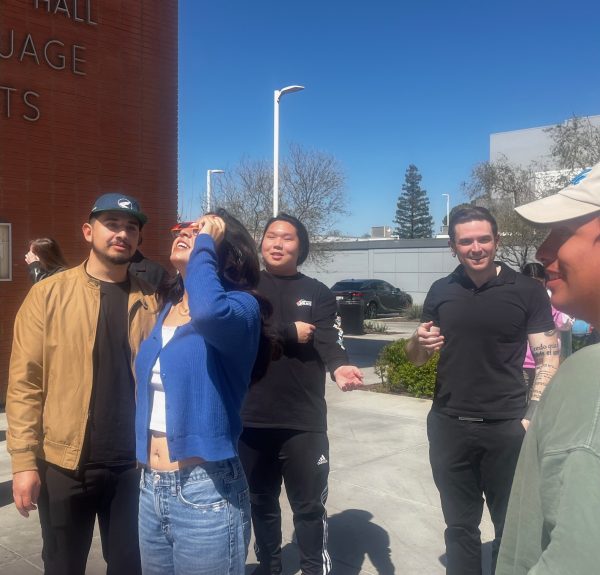CSUB hosts Bard Prison Initiative founder Max Kenner for Humanities Beyond Bars event
March 19, 2021
“The Long History of College-In-Prison: A Field at the Crossroads” webinar was held by Cal State Bakersfield as a part of their Humanities Beyond Bars even series on March 18.
Michael Burroughs, a philosopher, writer, educator, and director of the ethics institute at Cal State Bakersfield, introduced the event’s guest speaker.
The evening speaker was Max Kenner, the founder and executive director of the Bard Prison Initiative (BPI), and has spent 25 years in this field. The BPI program helps men and women who are incarcerated to get their degrees from Bard College; said the academic program is offered to inmates in state prisons.
“BPI at its essence is quite simple; in many ways quite conservative and fundamental,” said Kenner.
Kenner mentioned that intellectuals, leaders of graduate schools, people in education and criminology fields would often point how bad, little, and how these inmates were just as bad or worse than their parents.
“College in prison did something extraordinary,” added Kenner. College in prison did more to reduce the number of inmates who return to prison, did more to better inmates’ relationships with tier families, and increased the chance of a released inmate to get a job after they are released.
Students in these programs take liberal arts courses such as math, science, various languages like German, French, and Spanish; some of these students also could take part in extracurricular college activities like building organic gardens and joining debate teams.
Kenner added that the people who have been released have gone and become activists in their communities, get graduate degrees from Yale, NYU, Harvard, etc., work for government officials, and much more.
Kenner went on to talk about his research about college in prison. He mentioned that college in prison grew at a slow rate between the 1950s-1960s; when it did grow, people in magazines and newspapers wrote articles believing that prisons would no longer exist in the future.
Kenner mentioned the Clinton crime bill, a bill that provided billions of dollars in grants to fund prisons, hire more officers and guards, and prevent programs for inmates.
Kenner said the most symbolic thing the bill did was, “Not only were prisons more important than ever but that people in them were less important than ever.”
He went on to speak more about how the BPI program and the college in prison field have been over the years, “We have to remember that history changes quickly,” he said.
Kenner shared a paradox “We have triumphed, hell is restored, and as we have said, college in prison would be, and now the challenge is what it will be.”
The webinar ended with a small q&a session.












